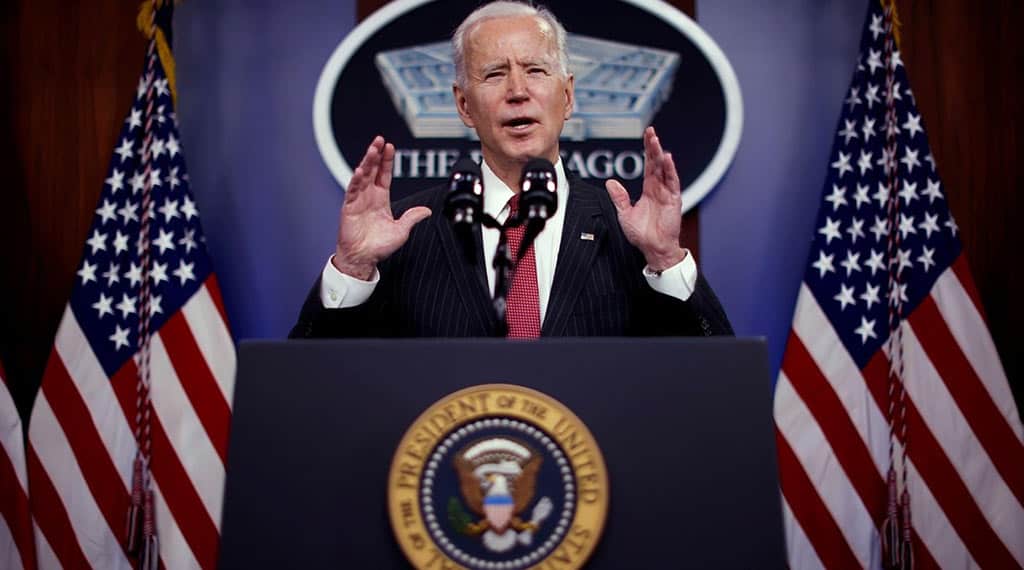Following US lead no longer an option for Japan after Biden’s ‘strategic failure’

The messy U.S. withdrawal from Afghanistan brings a realization that Japan is destined to be kept out of the loop, unless it steps up what it can do in secrets and information warfare.
The withdrawal of U.S. troops from Afghanistan in an overly rushed near panic was a “strategic failure,” as summed up by U.S. Chairman of the Joint Chiefs of Staff General Mark Milley. His is the top post for uniformed officers in the United States military.
On the heels of the messy withdrawal, there was also the tragic mistaken U.S. drone strike into a residential area in Afghanistan, killing not a terrorist with explosives as was first assumed, but an Afghan worker for a U.S. aid group as he was loading canisters of water into the trunk of his car.
American Credibility Crisis
The “over the horizon” operation U.S. President Joe Biden bragged about as an effective way to wage war on terrorism from the sea suddenly proved to be extremely treacherous. The drone bombing tragedy was caused by sole dependence on aerial information, after the ground intelligence network was lost in the U.S. withdrawal.
“The Japan-U.S. alliance is the cornerstone of Japan’s diplomacy and security policies,” said Japanese Prime Minister Fumio Kishida, pledging that the basic stance of Japan’s government would remain unchanged from that of his predecessors.
Under the Biden administration, however, the “cornerstone” has been significantly shaken.
The accusation of opposition Republican lawmakers that “the credibility of the United States has hit rock-bottom” can hardly be dismissed as mere partisan criticism.
Ever since the spring of 2021, after Donald Trump stepped down as top U.S. leader, the armed forces of the Taliban had been intensifying their offensive against the Afghan government forces.
Biden, however, clung to the “political deadline” of completing withdrawal of U.S. troops from Afghanistan by the end of August. He was deaf to the calls of senior U.S. military officials, and American allies in Europe who dispatched troops to Afghanistan within the framework of the North Atlantic Treaty Organization (NATO), who called for an extension of the deadline.
Click HERE to read more.
